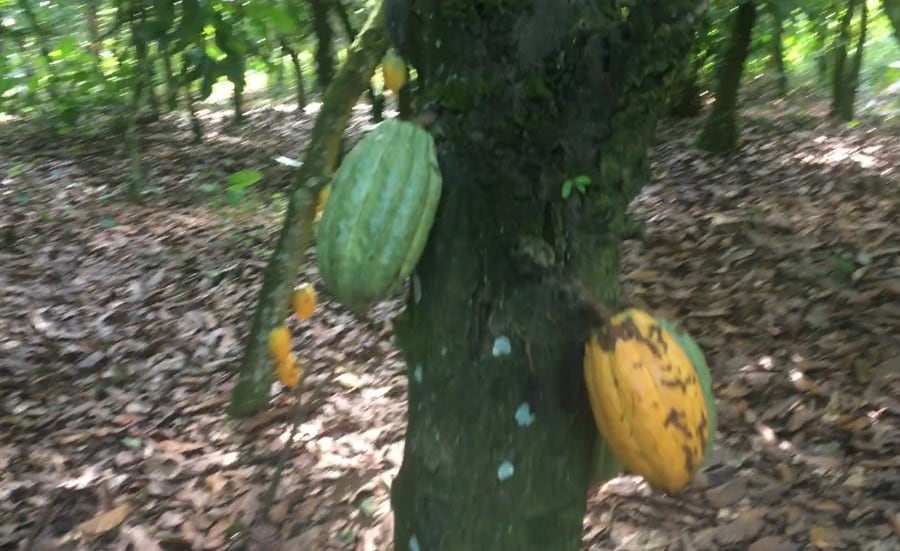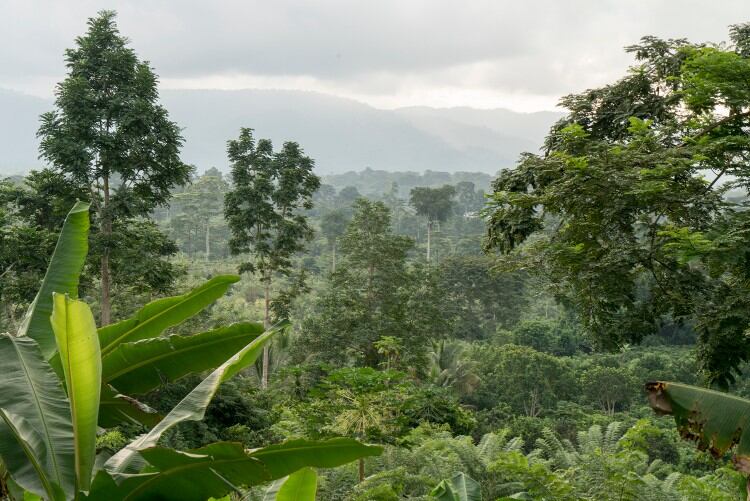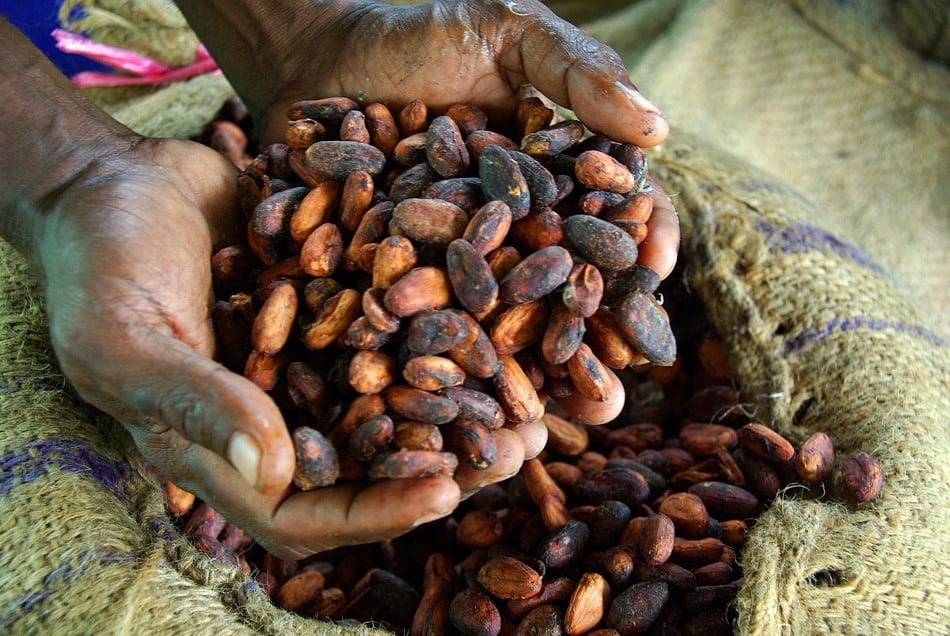The lack of traceability raises difficulties under forthcoming EU legislation, which will see chocolate producers held responsible for ensuring exports are not linked to deforestation. The problem with the remaining 55% of cocoa from the country is that it is difficult to trace, either because it is indirectly sourced by traders from intermediaries or exported by traders that disclose no information about their suppliers, the report’s authors claim.
Cote d’Ivoire is the source of cocoa beans for many of the large chocolate companies and suppliers and on the whole they have made significant investments in tracing the origins of their cocoa supplies, committing to zero-deforestation policies and child labour monitoring.
The success of various company initiatives have been questioned in recent years as many of the problems in the West African cocoa sector in general still prevail, mainly due to the fact that monitoring small-holder farms is a difficult task due to incomplete records between the cocoa production and its transportation.
Cécile Renier, lead author of the study, said, “As Easter approaches, the world’s largest chocolate consumer, the European Union, is nearing the peak of its chocolate season. It is one of the busiest times of year for the chocolate industry, which increasingly sells its products to consumers as ‘ethical’ or ‘sustainable.’ But given the extremely limited tracing in the industry, consumers are not being shown the full picture about where their chocolate comes from, and the serious sustainability issues attached to it.”
Forests under threat
In Côte d’Ivoire, cocoa accounts for over one-third of the national export revenue. Researchers from Earth and Life Institute at UCLouvain, Belgium, shows that high rates of untraced cocoa sourcing can be found along the border with Liberia, where forests are under threat by cocoa expansion from Côte d’Ivoire. In these regions, 80-100% of exported cocoa is not traceable to its first buyer – let alone to its origin farm.
According to the report, this falls short of the forthcoming requirements under the EU due-diligence legislation, cloaking the sustainability risks associated with cocoa products.
“A lack of transparency and traceability within the industry means that this deforestation is going unchecked and unaccounted for. Even traders who disclose their supplying cooperatives can greatly strengthen their level of transparency: the disclosed data is incomplete, irregular, non-standardised or never updated,” said Renier.
“Above all, companies must go beyond the traceability of their own supply chains. Much greater means are needed to enforce land use policies and landscape initiatives. Coupled with transparent national traceability systems and robust deforestation monitoring, this would ensure effective forest conservation, and achieve true sustainability in the cocoa supply chain.”
- The chocolate companies and cocoa suppliers have yet to respond to the study.
- More information: Cécile Renier et al, Transparency, traceability and deforestation in the Ivorian cocoa supply chain, Environmental Research Letters (2023). DOI: 10.1088/1748-9326/acad8e
- Journal information: Environmental Research Letters



